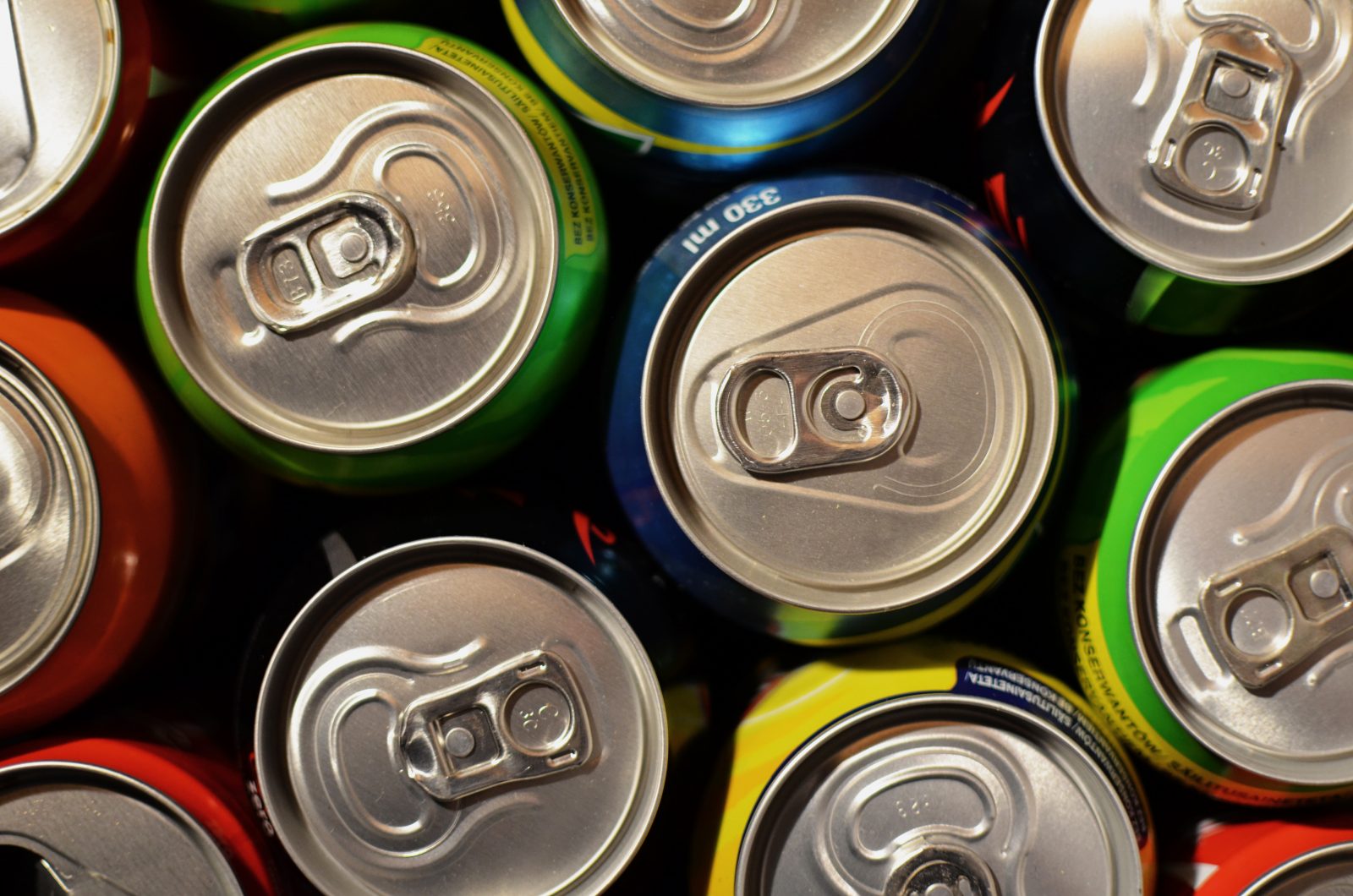
Life can be exhausting. Whether you’re a college student trying to survive midterms, an entrepreneur hustling to get in front of potential investors, or a parent chasing after nonstop kids, there are never quite enough hours in the day. Our calendars are jammed-packed and our to-do lists are overflowing—leaving us stressed out and worn down.
It seems like go time is all the time, doesn’t it? And in an attempt to keep up with it all, we turn to a trusted friend: caffeine. We know it would probably be better if we just got more sleep, opted for less junk food in favor of nutrient-dense choices, and reduced stressors. But, to be honest, that’s just not realistic a lot of the time–and so we reach for coffee, soda, and/or energy beverages instead.
Is that necessarily bad? Well, no. And yes. Research has shown that most people can safely consume up to 400 mg of caffeine per day. But it appears the source of that caffeine is an important consideration.
Natural caffeine is found in nearly 60 plant species and, because it co-occurs with particular vitamins and antioxidants, it offers a steady, sustaining boost of energy. Green coffee beans, for example, are a terrific source of natural caffeine.
Synthetic caffeine, while nearly indistinguishable from natural caffeine at the molecular level, poses serious health risks.
- Synthetic caffeine, available in both powered form and as an additive to sodas and energy beverages, is significantly more powerful than natural caffeine. One teaspoon of synthetic caffeine powder contains as much caffeine as 28 cups of coffee—or more. Two teaspoons would be lethal to most adults.
- Synthetic caffeine is produced using harsh chemicals—none of which is healthy to consume.
- Synthetic caffeine is absorbed at a much quicker rate than natural caffeine. That leads to a nearly instant energy boost—followed by a dramatic crash.
- Products manufactured with synthetic caffeine typically contain many other harmful ingredients.
- The Food and Drug Administration (FDA) regulates the amount of caffeine in soft drinks. However, because energy beverages and shots are considered dietary supplements, they’re outside the FDA’s reach. In other words, there are simply no regulations restricting the amount of synthetic caffeine available through these products.
It’s no wonder the scientific and medical communities are warning consumers about the dangers of synthetic caffeine. A recent study showed the estimated number of emergency department visits involving energy drinks doubled between 2007 and 2011—from roughly 10,000 to more than 20,000.
The bottom line: Caffeine can be a safe way to boost energy and mental clarity—but only if it’s used in moderation and derived from natural sources. Energize anything with PureLyft’s all-natural clean caffeine formula.